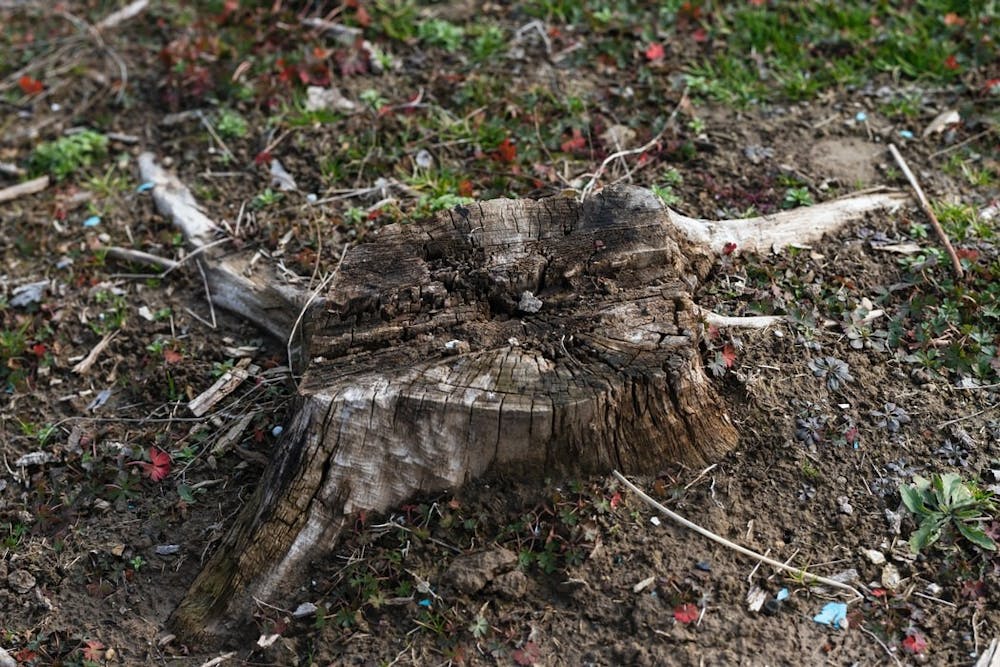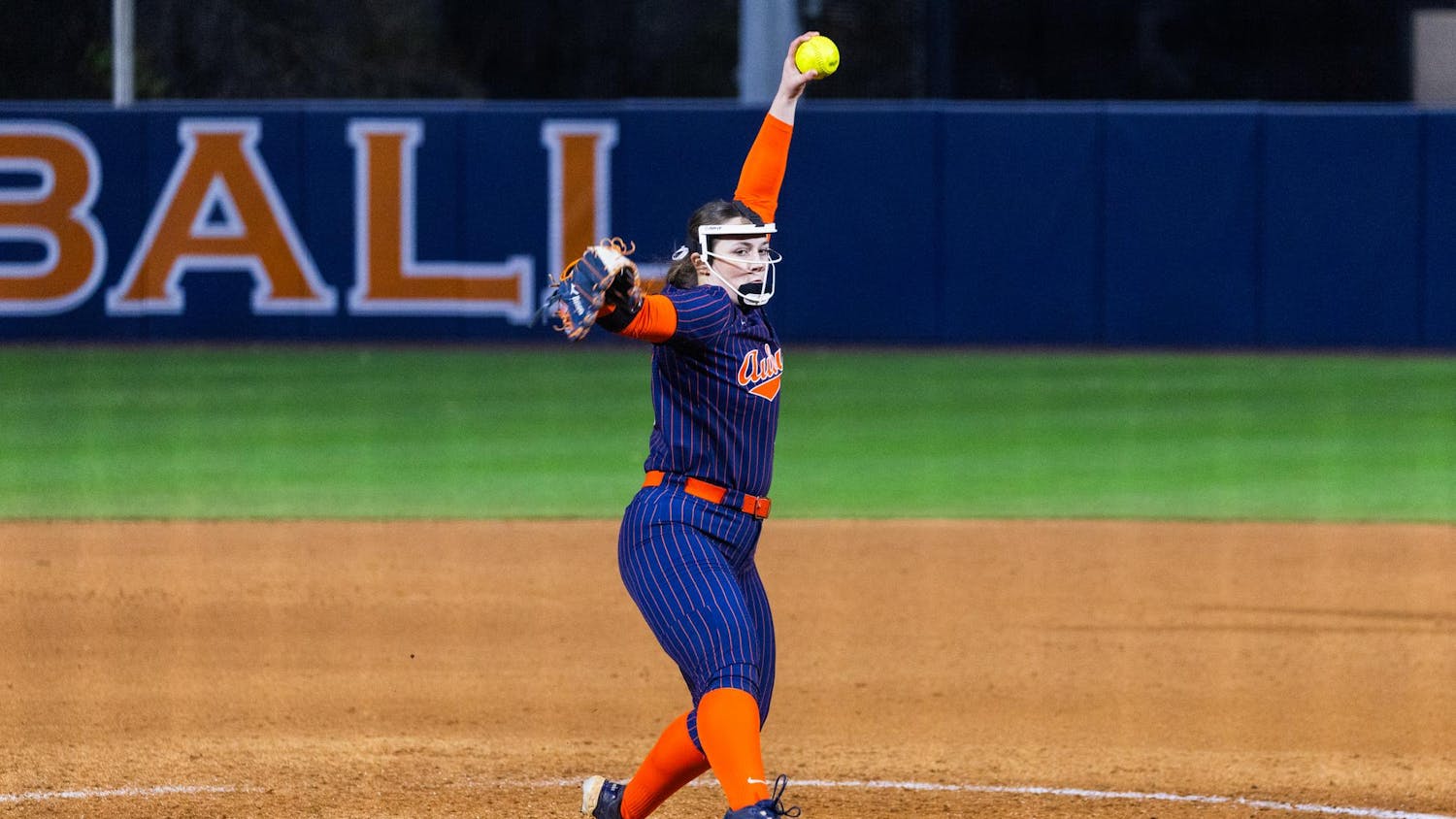The City of Auburn is partnering with the Alabama Invasive Plant Council and Alabama Cooperative Extension to remove callery pear trees because of their notoriously weak limbs that frequently break as the tree ages. The trees removed will be replaced with healthy, native trees for free.
The callery pear tree is native to China and was planted mainly for white blossoms in the spring and their red color in the fall. The callery pear tree comes in numerous variations like Aristocrat, Autumn Blaze, Bradford and Chanticleer.
ALIPC President Will Dixon said he worries that Auburn's native plants won’t be able to prosper due to the large thickets that form when callery pears reproduce.
“They do very well in our environment. They’re essentially displacing our native plant species that should be in these areas,” Dixon said.
Anne Randle, an urban forestry specialist with the City of Auburn, once considered these trees to be the best new thing for landscapes but now recognizes the harm that callery pear trees cause to the native environment.
“It took a long time for us to realize that was a mistake," Randle said. "Callery pears can cross-pollinate and become invasive in the environment. They invade forests and open fields, pushing out native plant species."
When native ecosystems are invaded by invasive plants, native birds and insects don’t have the variety of food and habitat that they depend on, and their populations begin to decline, Randle said.
“When we plant native, we can be certain that we’re not contributing to the spread of non-native invasive species,” Randle said. “The trees we’re offering homeowners will do well in Auburn, and there’s something for everybody.”
Replacement trees offered by the City include native plums, southern sugar maples, black tupelos and cherrybark oaks and will be distributed on a first-come, first-served basis.
“Native trees provide exponentially greater benefits to our ecosystem than non-natives, from improved wildlife habitat to being better adapted to our climate. We have smaller flowering trees, larger shade trees, and a couple smaller trees with excellent color and flowers.” Randle said.
To participate in this program, residents can submit an online application, which will be reviewed by an urban forester with the City. Once approved, residents email a picture of the cut-down callery pear, and the City of Auburn will make plans to provide a native tree.
Applicants will receive one native tree for every callery pear removed for up to five trees. Homeowners can cut callery pear trees down and place them beside the roads for yard waste pickup.
Do you like this story? The Plainsman doesn't accept money from tuition or student fees, and we don't charge a subscription fee. But you can donate to support The Plainsman.





